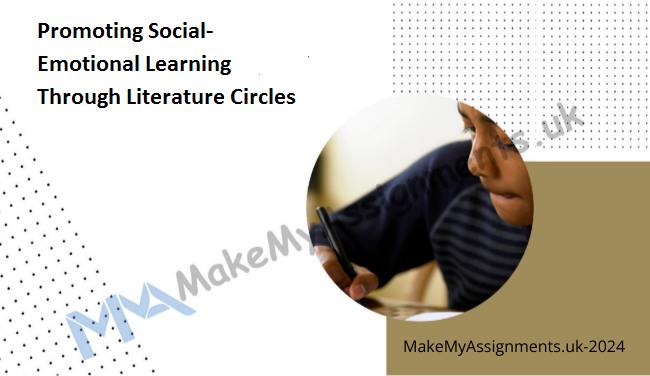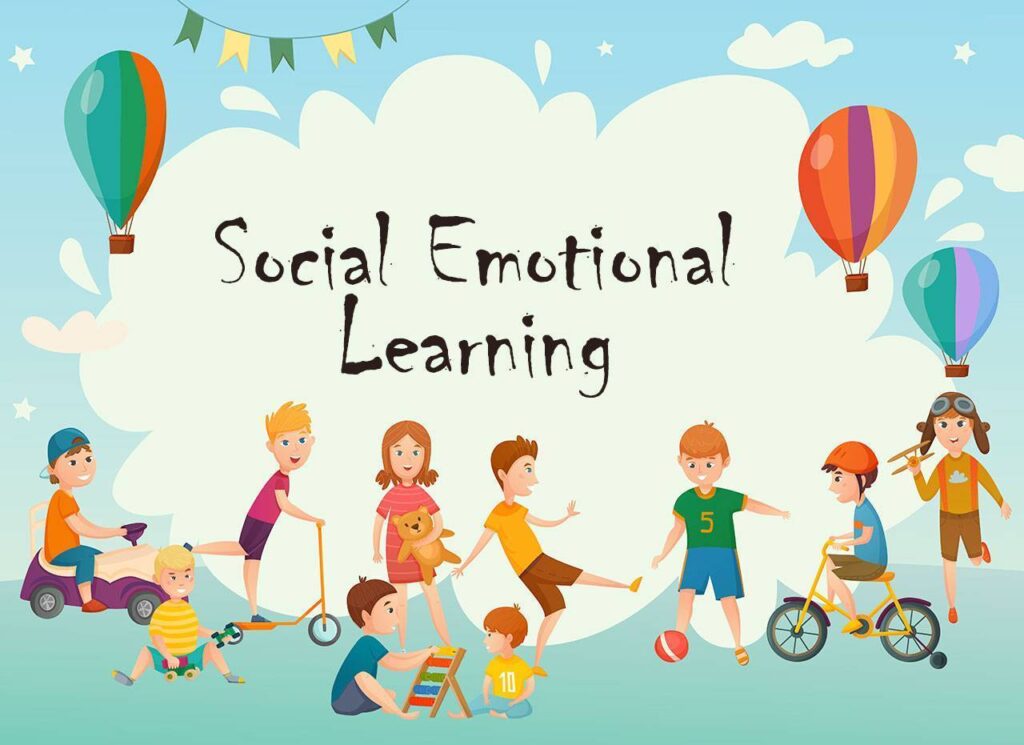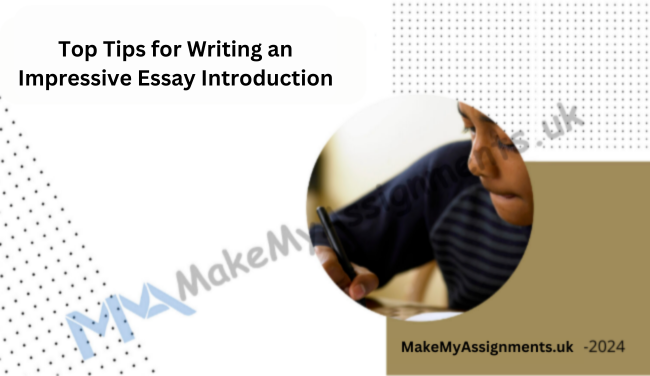Preparing a law assignment is no easy task. Students pursuing law often find themselves juggling…

Promoting Social-Emotional Learning Through Literature Circles
In today’s fast-paced educational environment, fostering students’ social-emotional development is just as crucial as academic achievement. Social-emotional learning (SEL) equips students with essential life skills, including emotional regulation, empathy, and effective communication. One innovative and engaging method to promote SEL is through literature circles. These student-led book discussion groups offer a unique platform to explore diverse perspectives, deepen comprehension, and build a supportive classroom community. Here’s how literature circles can be effectively utilized to enhance social-emotional learning.

What Are Literature Circles?
Literature circles are small, student-driven reading groups where members read the same book and come together regularly to discuss it. Each student typically assumes a specific role, such as summarizer, questioner, connector, or illustrator, which rotates to ensure a variety of skills and perspectives are developed. This structured approach encourages active participation, critical thinking, and collaborative learning.
The Connection Between Literature Circles and SEL
- Empathy and Perspective-Taking: Literature circles expose students to diverse characters and situations, allowing them to step into the shoes of others. Through guided discussions, students explore characters’ motivations, struggles, and emotions, fostering empathy and understanding. This practice of seeing the world from different viewpoints is a cornerstone of social-emotional learning.
- Communication Skills: Effective communication is a key component of SEL. In literature circles, students practice active listening, articulate their thoughts, and respond respectfully to peers’ ideas. This collaborative dialogue helps students develop the ability to express themselves clearly and considerately, crucial skills for both academic and personal success.
- Self-Awareness and Emotional Regulation: Discussing literature often brings up personal connections and reflections. Students may see parts of themselves in characters or situations, prompting self-awareness. Teachers can guide students in expressing their emotions and managing reactions, helping them to recognize and regulate their feelings in a supportive environment.
- Social Skills and Relationship Building: Working in small groups to discuss literature requires cooperation, problem-solving, and conflict resolution. As students navigate group dynamics, they learn to build positive relationships, respect differing opinions, and work towards common goals. These interactions mirror real-world social scenarios, providing valuable practice in social skills.
- Critical Thinking and Decision-Making: Literature circles encourage students to think deeply about the text, ask questions, and make connections. This critical analysis fosters decision-making skills as students weigh different interpretations and perspectives. Engaging with complex characters and plotlines also helps students to understand the consequences of actions, enhancing their problem-solving abilities.
Implementing Literature Circles for SEL
To maximize the social-emotional benefits of literature circles, educators can incorporate the following strategies:
- Choose Diverse and Relevant Texts: Select books that offer diverse perspectives and address relevant social and emotional themes. Books that tackle issues like friendship, bullying, resilience, and identity can provoke meaningful discussions and personal reflections.
- Create a Safe and Inclusive Environment: Establish ground rules that promote respect, active listening, and open-mindedness. Encourage students to share their thoughts and feelings without fear of judgment, fostering a sense of trust and community within the group.
- Role Rotation: Regularly rotate roles within the literature circles to ensure all students experience different aspects of the discussion process. This practice helps develop a well-rounded skill set and keeps the discussions dynamic and engaging.
- Facilitate Reflective Activities: Incorporate activities such as journaling, role-playing, or group projects that allow students to explore their thoughts and feelings about the text in various ways. Reflective activities deepen comprehension and personal connection to the material.
- Integrate SEL Goals: Align literature circle activities with specific SEL objectives. For example, focus on empathy by discussing characters’ emotions and decisions, or enhance relationship skills by emphasizing teamwork and collaboration during group discussions.
At MakeMyAssignments.uk, we understand the importance of fostering social-emotional learning (SEL) alongside academic achievement. Our comprehensive support services are designed to help students and educators implement and maximize the benefits of literature circles, thereby promoting SEL effectively.
Expert Guidance and Resources
MakeMyAssignments.uk offers expert guidance on selecting appropriate and impactful literature for circles. We provide curated lists of diverse and relevant texts that address key SEL themes such as empathy, resilience, and effective communication. Our recommendations ensure that students are exposed to a variety of perspectives, aiding in their social-emotional growth.
Customized Lesson Plans
We develop customized lesson plans that align with SEL goals and incorporate literature circle activities. These plans include detailed instructions on how to facilitate discussions, role rotations, and reflective exercises. By following our structured yet flexible frameworks, educators can seamlessly integrate literature circles into their curriculum, ensuring that SEL objectives are met.
Training and Professional Development
MakeMyAssignments.uk offers training and professional development workshops for educators. These sessions equip teachers with the skills and strategies needed to effectively facilitate literature circles. Educators learn how to create a safe and inclusive environment, guide thoughtful discussions, and address the social-emotional needs of their students.
Student Support Services
Our support extends to students as well. We provide resources and tools to help students actively participate in literature circles. From role-specific guides to reflective journaling prompts, our materials empower students to engage deeply with the texts and with each other. This active engagement enhances their communication, empathy, and critical thinking skills.
Continuous Feedback and Improvement
MakeMyAssignments.uk believes in continuous improvement. We offer feedback mechanisms for both students and educators to ensure that the literature circles are meeting Social Emotional Learning objectives. Our team is available to assist with any challenges that arise and to provide ongoing support, ensuring that the literature circles remain effective and impactful.




This Post Has 0 Comments